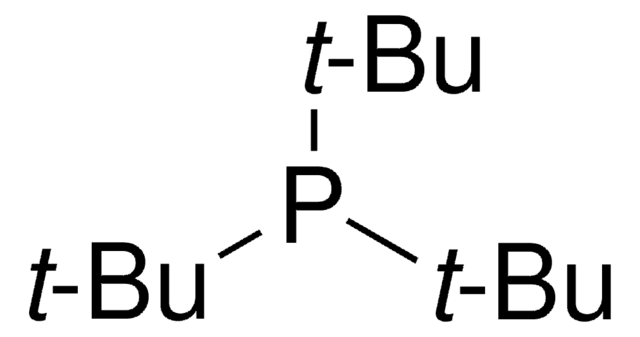PLA0016
Rabbit anti-MDC1 Antibody, Affinity Purified
Powered by Bethyl Laboratories, Inc.
Sinónimos:
Em:AB023051.5, KIAA0170, NFBD1, homologue to Drosophila photoreceptor protein calphotin, mediator of DNA-damage checkpoint 1, nuclear factor with BRCT domains 1
About This Item
Productos recomendados
origen biológico
rabbit
Nivel de calidad
forma del anticuerpo
affinity purified immunoglobulin
tipo de anticuerpo
primary antibodies
grado
Powered by Bethyl Laboratories, Inc.
reactividad de especies
human
técnicas
immunoprecipitation (IP): 2-5 μg/mg
western blot: 1:2000-1:10000
nº de acceso
NP_055456.1
Nº de acceso UniProt
Condiciones de envío
wet ice
temp. de almacenamiento
2-8°C
Información sobre el gen
rabbit ... MDC1(9656)
Inmunógeno
Forma física
Otras notas
Cláusula de descargo de responsabilidad
¿No encuentra el producto adecuado?
Pruebe nuestro Herramienta de selección de productos.
Código de clase de almacenamiento
12 - Non Combustible Liquids
Clase de riesgo para el agua (WGK)
nwg
Punto de inflamabilidad (°F)
Not applicable
Punto de inflamabilidad (°C)
Not applicable
Certificados de análisis (COA)
Busque Certificados de análisis (COA) introduciendo el número de lote del producto. Los números de lote se encuentran en la etiqueta del producto después de las palabras «Lot» o «Batch»
¿Ya tiene este producto?
Encuentre la documentación para los productos que ha comprado recientemente en la Biblioteca de documentos.
Nuestro equipo de científicos tiene experiencia en todas las áreas de investigación: Ciencias de la vida, Ciencia de los materiales, Síntesis química, Cromatografía, Analítica y muchas otras.
Póngase en contacto con el Servicio técnico